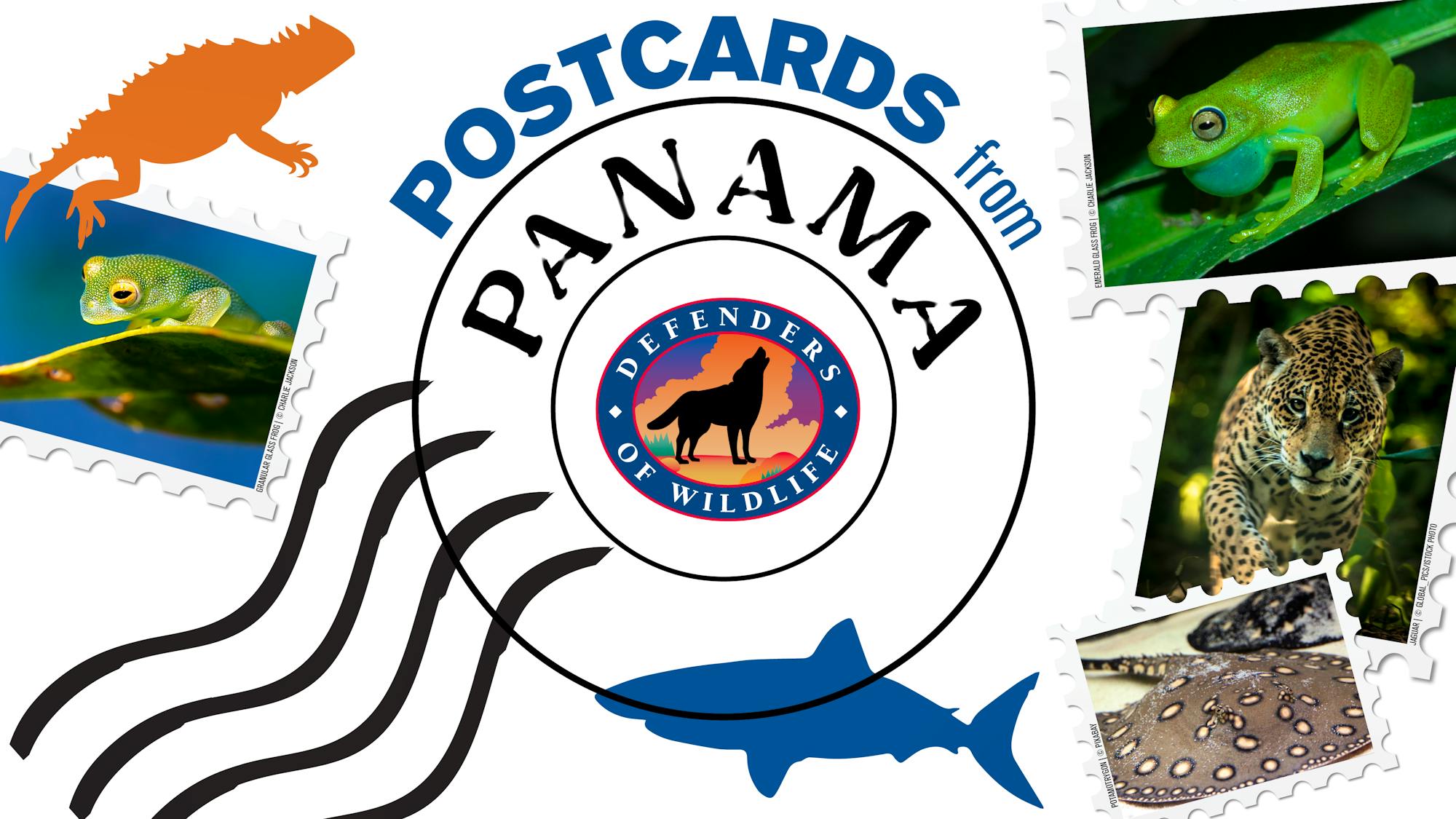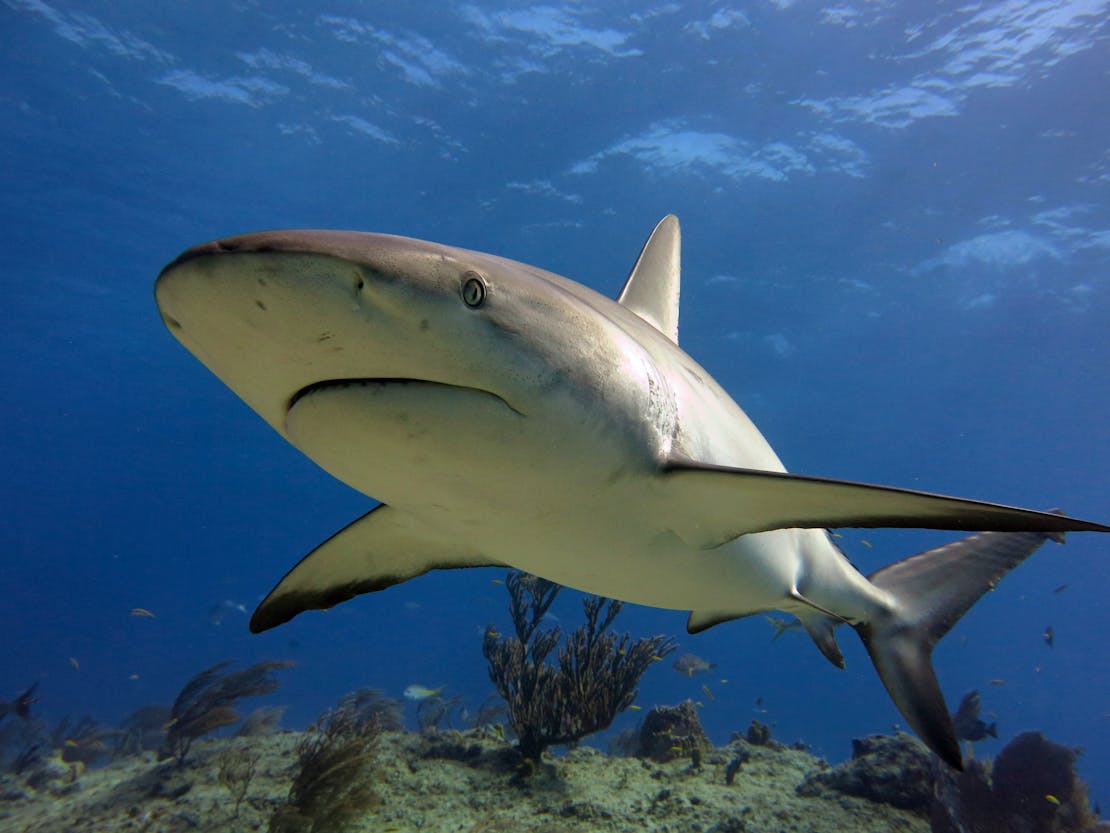There is a palpable energy surging through the crowds here in Panama City at CITES as observer organizations and delegates from countries (parties) immerse themselves in all thing’s wildlife for the potential to make real change. There’s a fervent focus that started from the first moment we stepped into the convention center to get to work and lay out the strategies for urging countries to support proposals that would provide trade protections around imperiled species. Despite the optimism and excitement at the conference, one can also sense an undercurrent of concern and tension about what the next two weeks of intense work and negotiation will yield—just how far will nations be willing to go. Will this conference play a role in combating one of the leading causes of the biodiversity crisis and addressing the threat of losing up to 1 million species in the coming decades?
Imagine the challenge. There are more than four dozen proposals that encompass hundreds of individual species. There are 184 parties that have as many shared ideals as they have differing philosophies and world views, plus a number of non-profits and advocacy groups. In total, there are thousands of people here that, in order to implement change, must come to an agreement. All proposals are adopted when they earn two-thirds of the parties’ support.
Expectations are high, but, even before the proposals are formally introduced, fault lines are emerging. On many proposals, including glass frogs, horned lizards, freshwater turtles and other species with backing from many other countries, including the United States, the European Union signaled it may oppose increasing protections. Its treatment of the glass frog proposal in particular is a quagmire of confusion. While the European Commission is failing to take an affirmative position, the European Parliament asked for the Commission to support the proposal. For a proposal that failed to pass by only a couple of votes three years ago, every vote or abstention counts. Given the International Union for Conservation of Nature’s (IUCN) determination that almost 50 percent of the glass frog species it evaluated are threatened with extinction under the pressures of the international pet trade, habitat loss, disease and climate change, the EU Commission’s opposition is detrimental and extremely unfortunate. We encourage the EU delegation to support the listing or at least abstain in the vote. It is notable also that Panama, as host country, is pushing heavily to have glass frogs protected, with the environmental minister calling the frogs out for protection in his opening remarks. The days ahead will be telling.
Defenders of Wildlife is proud to be working to assist Panama, Costa Rica and many other countries to garner support for this listing and is tirelessly lobbying countries at every opportunity. Orion, Alejandra and Juan Carlos can frequently be found deep in conversation with delegation members across the convention center, handing out fact sheets, pins, stickers of glass frogs or branded hand sanitizers and asking for their support.
As we face down an escalating biodiversity crisis, it is encouraging to see so many passionate advocates from Defenders of Wildlife and many other organizations fighting for increased protections for wildlife.
However, CITES is not a new convention, and overexploitation of species remains a top five driver of the biodiversity crisis. There’s an argument to be made that the international status quo is not working as effectively as it could be as species are still being lost, especially marine ones.
Shirley Binder, an advisor at Panama’s Ministry of the Environment offered an explanation of why. The parties to the convention are not using CITES ambitiously enough or following scientific recommendations in a way that will meet the growing threat of the biodiversity crisis. In a refreshingly direct critique, she pointed to the proposal on requiem sharks at this year’s conference as an example. The proposal is to place more than 50 species on Appendix II, which is reserved for “species not necessarily threatened with extinction, but who’s trade must be controlled.” This proposal as is, is enough to be contentious. However, if parties were making science-based decisions and ambitiously using CITES, she said, the proposal would be proposed for the stricter Appendix I. Essentially, she said countries are waiting to protect species from endangerment, when they are already endangered. Look no further than the fact that nearly a third of requiem sharks are currently listed as critically endangered or endangered. And yet, the lessened proposal may well not pass.
What then is the answer?
It starts with understanding that biodiversity loss impacts every aspect of human life and is not merely an environmental issue. Biodiversity loss is an economic issue, a national security issue, a health issue and a human issue. It is also a global issue and when global tools like CITES are available, they must be used effectively.
In an inspiring discussion, U.S. Fish and Wildlife Service Director Martha Williams said it starts with acknowledging that addressing biodiversity loss and giving nature a chance to recover is a moral imperative. For that reason, here at CITES, the United States delegation is showing leadership in supporting proposals for hundreds of species.
Defenders of Wildlife agrees, and we won’t stop fighting for it.







